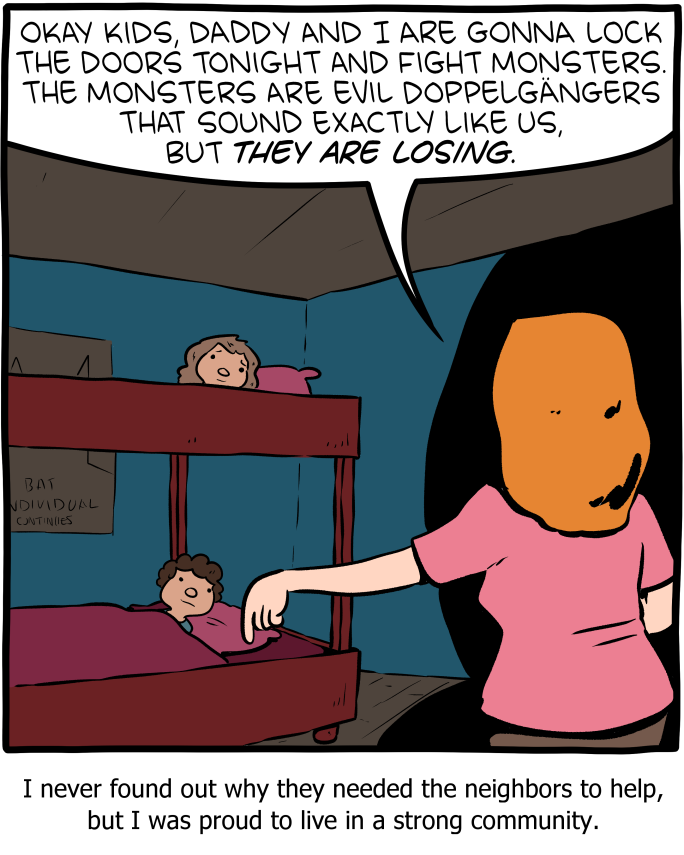
Click here to go see the bonus panel!
Hovertext:
Still don't know why they kept asking their ghostly duplicates whether they liked that over and over.
Today's News:

Hovertext:
Still don't know why they kept asking their ghostly duplicates whether they liked that over and over.
The Project Hail Mary movie comes out soon but you should read the book first - trust me, it’s worth it!